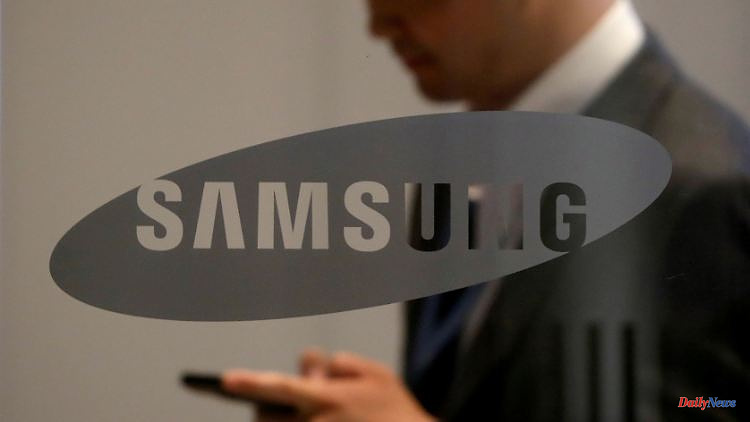Because significantly fewer smartphones and memory chips are being purchased, Samsung feels it is necessary to issue an advance warning even before the exact business figures are announced: For the first time in eight years, profits in a quarter fell below the five trillion won threshold. The outlook is bleak too.
The weakening world economy has clearly left its mark on the South Korean electronics group Samsung. Operating profit in the fourth quarter of 2022 is likely to have declined by more than two-thirds year-on-year to 4.3 trillion won (about 3.2 billion euros), the market-leading maker of smartphones and memory chips said in its earnings outlook.
It is the first time in eight years that profit from ordinary operations has fallen below the five trillion won mark in a quarter. Samsung expects sales to decline by 8.6 percent to around 70 trillion won (52.6 billion euros). Against the background of external uncertainties, the company has recorded a "significant slump in the storage business due to sluggish demand," it said. In addition, sales of smartphones were weaker.
Samsung traditionally only presents exact business figures at a later date. But apart from that, the group said it was forced to state the reasons for the decline this time in order to "keep the confusion in the market low and increase investor understanding" before the actual results were published at the end of January. The preliminary results were well below market expectations.
The lower demand for memory chips from the company was also greater than expected. Customers would have reduced their inventories in order to save. They are worried about flagging consumer sentiment given high interest rates and the weak economic outlook. As a result, prices have also fallen.












